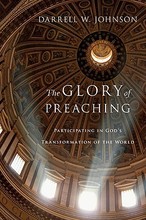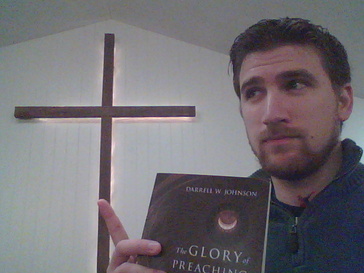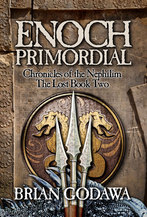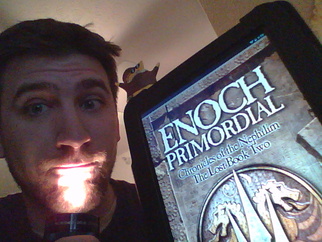 "DC Showcase Vol. 1" #98
"DC Showcase Vol. 1" #98 I’m a Southern Baptist pastor and for the record, I like strong women!
My mother is a strong woman. I married a strong woman. I love strong women!
And the character of Power Girl, a.k.a. Kara Zor-L, a.k.a. Karen Starr, a.k.a. the cousin of Superman from an alternate universe, is a strong woman who voices her thoughts, makes important decisions, shows an uncanny wisdom for her age and isn’t afraid to step up to take leadership.
And that brings me to something else about her character that I need to mention. It’s not so much about her character, as it is about her costume. For quite some time, Power Girl’s costume featured what fan-boys have collectively referred to as the “boob-window.”
In 2011 when DC Comics rebooted their books, may of the characters were given redesigned. While I thought the new costume for Power Girl was hideous from a design/fashion perspective, I thought that it better reflected her character as a strong woman.
So, there you have it . . . the authors can try and explain the obvious objectifying of women by arguing that it empowers women . . . but in the end, the first thing many fans think of when they think of Power Girl is her cleavage. Not for being a strong woman. There's a problem when a character is known for her anatomy rather than her inner-workings.
Well, I had hoped that Power Girl would get a redesigned costume, but alas, they went back to the pre-reboot design. While browsing the comic shop a couple of weeks ago, I saw the old-design on the cover and said to the guys at the shop, “I see the boob-window is back.” And everyone in the store (all males) let out a collective groan with comments like, “There’s no reason for it,” “I didn’t like the new design, but this is worse,” and “I’m not happy about it.”
I guess there’s hope for us guys after-all.
It's a shame that the powers-that-be decided to take a step back for this character and for strong women everywhere.
What do you think? Am I way off track here?












 RSS Feed
RSS Feed
